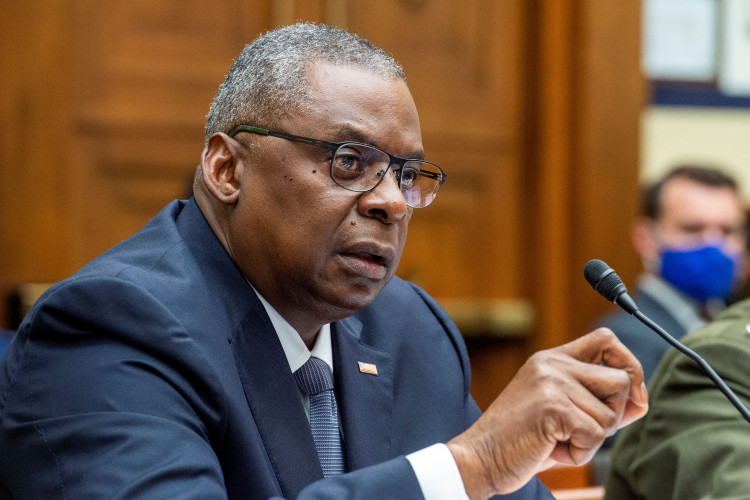Secretary of Defense Lloyd Austin remains hospitalized at Walter Reed National Military Medical Center nearly two weeks after being admitted for complications from prostate cancer surgery, sparking concerns over transparency and security at the highest levels of the U.S. government.
Pentagon Press Secretary Major General Pat Ryder has assured the public that Secretary Austin is in "good condition" and in contact with his senior staff. Despite having full access to secure communications and monitoring the Department of Defense's operations, the exact date of Austin's discharge remains uncertain.
This prolonged hospitalization has raised questions about the decision-making process and information sharing within the Pentagon and the White House. Initially, the media, White House, and top Pentagon officials were unaware of Austin's hospitalization. The delay in disclosure has led to bipartisan calls for greater transparency from the Pentagon.
In response to the situation, President Joe Biden expressed his continued "full trust and confidence" in Secretary Austin, despite acknowledging a lapse in judgment regarding the communication of Austin's health status. The President emphasized that he still supports Austin's leadership.
The Pentagon's inspector general has announced an investigation into the handling of Austin's health crisis, focusing on the three-day gap before senior defense officials and the White House were informed of his hospitalization. This probe follows a 30-day assessment ordered by the cabinet secretary's office and a review conducted by the White House.
Austin's chief of staff, Kelly Magsamen, aware of the hospitalization on January 2, did not inform Deputy Defense Secretary Kathleen Hicks until January 4. This lapse in communication, attributed in part to Magsamen having the flu, has led to a review of who was informed and when.
Congressional response has been swift, with several House Republicans, led by Rep. Claudia Tenney, R-N.Y., seeking answers directly from Austin. They have raised questions about the decision-making process and the implications for national security and military operations. New York Republican Rep. Elise Stefanik stated on X that "Secretary Austin and anyone who lied for him will be held accountable."
President Biden, acknowledging the situation as "sub-optimal," has informed cabinet secretaries of the necessity to communicate clearly with the administration when they are unable to perform their duties. This directive aims to prevent similar incidents of delayed information sharing in the future.
Secretary Austin's early detection of prostate cancer and subsequent surgery on December 22 resulted in an "excellent" prognosis, according to Walter Reed National Military Medical Center. However, his extended hospital stay and the ensuing controversy highlight the need for improved communication protocols within the U.S. government's highest ranks. As investigations unfold, the focus remains on ensuring transparency and maintaining the integrity of national security processes.




